Kenyan Coffee Variety: Ruiru 11 (Ruiru 11)

Kenyan coffee is popular with the SL series of beans. Although SL beans are of high quality, they are vulnerable to diseases and insect pests, and the Kenyan coffee industry has begun to promote more disease-resistant and climate-adaptable varieties, including "Ruiru 11".
The 1968 epidemic of coffee berry disease (CBD) destroyed about half of Kenya's coffee production. In the 1970s, the Coffee Research Station in Ruiru began an intensive breeding program for varieties not affected by CBD, from which Ruiru11 was born and released in 1985.
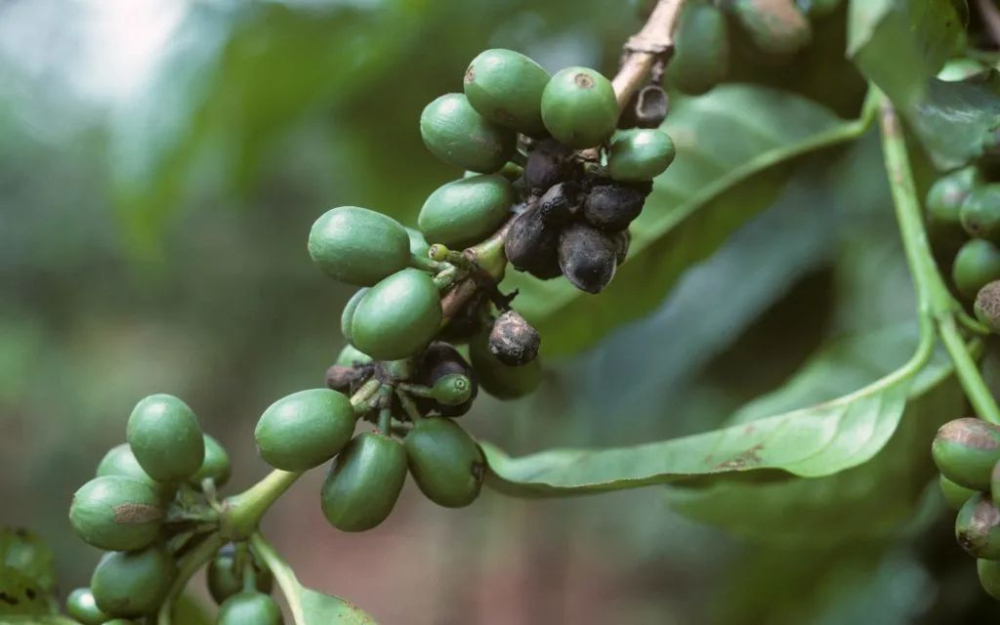
Data from the World Coffee Research Organization show that the variety was developed using genetic material from many different varieties, including Katim Catimor, Sultan Rumei Rume Sudan, bourbon Bourbon, K7, N39, SL28 and so on.
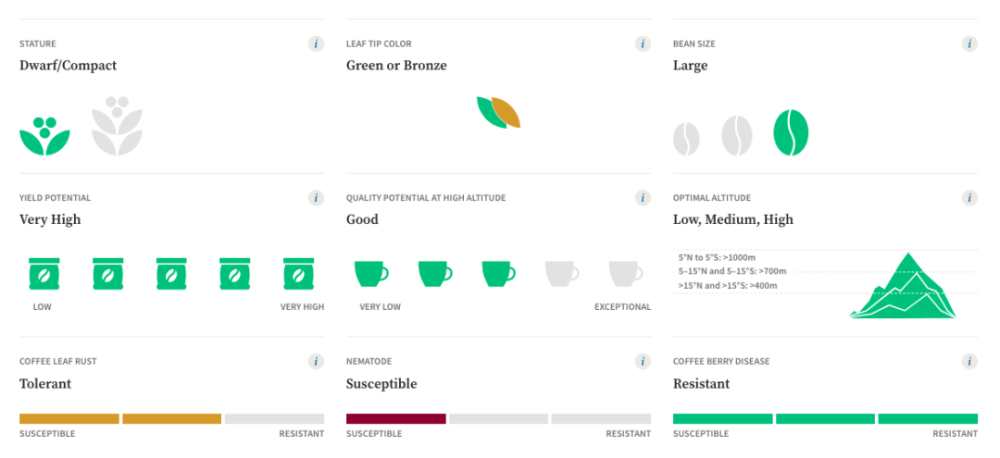
Compared with other slow-growing varieties, Ruiru 11 generally achieves its first harvest within two years of planting. Its plants are small and compact, which means that producers can plant more coffee trees on a smaller area and increase yields. At the same time, Ruiru 11 requires less pesticides and fertilizers than other popular varieties in Kenya, reducing some of the economic burden on farmers.
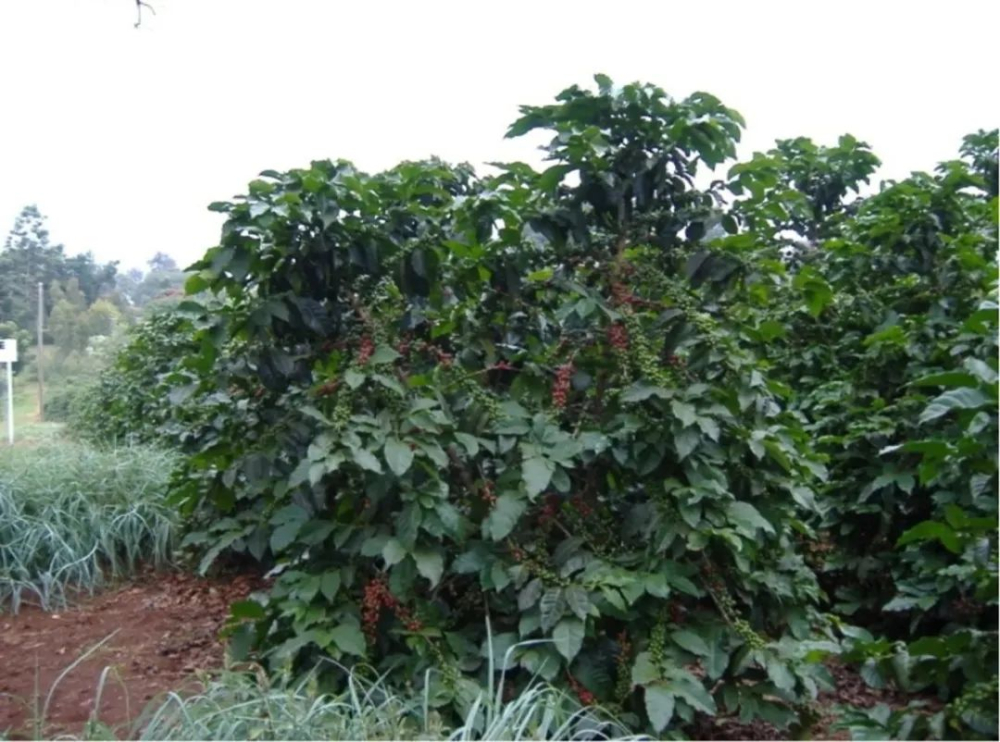
Ruiru 11
Under the best conditions, producers can plant up to 3000 Ruiru 11 plants per hectare, which can continue to produce large amounts of fruit, which is welcomed by farmers.
Despite the obvious advantages of growing Ruiru 11, some farmers in Kenya are concerned that its quality is not as high as that of SL varieties-which could lead to lower prices. Because few consumers can taste the difference between Ruiru 11 and SL varieties. This is largely because the former is still considered a "young" species in Kenya, so its sensory characteristics still need to be fully explored.
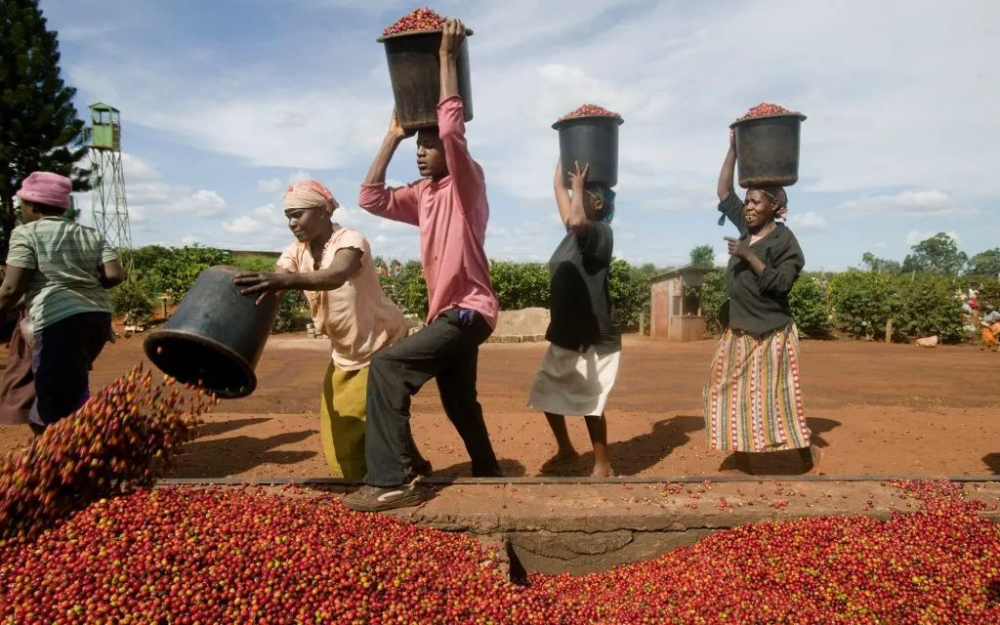
Because Ruiru 11 relies on artificial pollination for large-scale reproduction, it is difficult to produce enough seeds to meet the needs of farmers. Farmers hope that coffee research institutes can solve this problem by cultivating more seeds and increasing producers' access to them.
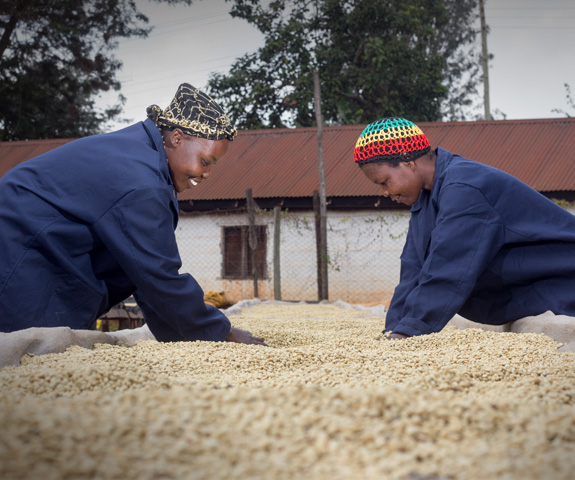
Ruiru 11 is generally tolerant to a range of major diseases, and some researchers and producers believe that as the variety evolves, it will continue to adapt to Kenyan soil and climate conditions, and more research on how to better cultivate it will be carried out soon. However, whether this will eventually happen will depend on the availability of the seeds.
Disclaimer: some of the pictures in this article come from the network, and some of the contents of the website, such as pictures, we will respect the origin of the original copyright, but due to the large number, there will be individual pictures and texts not in time to indicate, please forgive me. If the original author has any disputes can contact the website to deal with, once verified, we will immediately correct, by "Ka comment vdailycom" collation and editing, reprint please indicate, this article is intended to spread coffee culture, if infringement, please inform to delete, thank you ~!

Important Notice :
前街咖啡 FrontStreet Coffee has moved to new addredd:
FrontStreet Coffee Address: 315,Donghua East Road,GuangZhou
Tel:020 38364473
- Prev

Do you know who invented the espresso machine?
I believe that each coffee shop can attract your attention, in addition to the unique decoration, there are all kinds of Italian coffee machines, they also show the different characteristics of each coffee shop! Although there are many kinds of machines, the mode of operation is very unified, and only a few simple steps can bring us a cup of rich oil.
- Next

What is the Ethiopian local species? What does it have to do with Heirloom native species?
When we buy Ethiopian coffee beans, the name "Heirloom" is very common. It translates to "native species" or "family heirloom" in Chinese, which generally refers to mixed coffee varieties. But in the past two or three years, another term "Landr" has been marked on the packaging of some Essex beans.
Related
- Beginners will see the "Coffee pull flower" guide!
- What is the difference between ice blog purified milk and ordinary milk coffee?
- Why is the Philippines the largest producer of crops in Liberia?
- For coffee extraction, should the fine powder be retained?
- How does extracted espresso fill pressed powder? How much strength does it take to press the powder?
- How to make jasmine cold extract coffee? Is the jasmine + latte good?
- Will this little toy really make the coffee taste better? How does Lily Drip affect coffee extraction?
- Will the action of slapping the filter cup also affect coffee extraction?
- What's the difference between powder-to-water ratio and powder-to-liquid ratio?
- What is the Ethiopian local species? What does it have to do with Heirloom native species?

